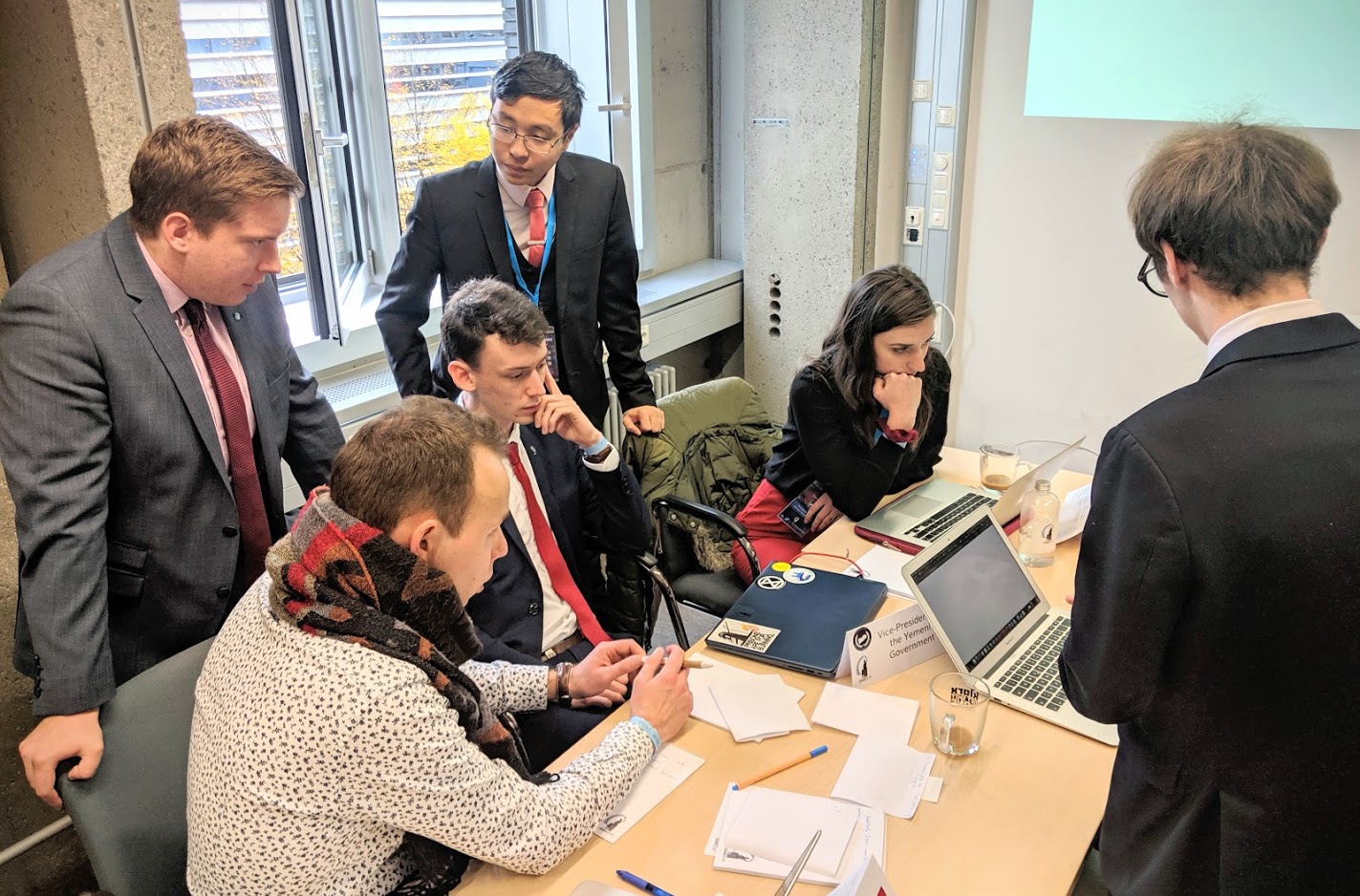Words from our brain

“Words are powerful!” – emphasized Stephen Ibelli, Public Affairs Chief of the US Consul in Munich, during the opening ceremony of IsarMUN 2019. It seems words are the only solution in a globalized and intertwined world, where human made complexity is not graspable anymore. Because of the extent of globalization and trading dependencies, words are needed in resolving any issue, sometimes before and sometimes after war.
Unfortunately for Yemen, words came into play after war, a five year long war. Now indirect peace talks take place between Saudi Arabia and the Iran-backed Houthi rebel groups. This is not yet forcing Saudi Arabia and Iran to meet at one table and talk, but hopefully could serve as a starting point for more direct communication between Iran and Saudi Arabia. With that, the Yemen crisis might become a unique opportunity to develop conversations between Iran and Saudi Arabia, urged to find a solution for the sake of so many civilians trapped in a fight supported by two strong opponents.
Words could not only solve issues between the two economically strong opponents Iran and Saudi Arabia, but words could also solve disagreements within the Houthi rebel group itself. Differences within the Houthi rebel group arise since members belong to different tribes with different visions. This is plausible since the civil war did start with the intention to stand up for the people of Yemen rebelling against the increased fuel price in 2011 without a concrete organisation, unfortunately resulting in a rather contrary outcome.
Besides the possible influence of Iran on the Houthi rebel groups, the rebels still took that risk of an uncontrolled civil war with their first rebellion instead of choosing words to stand up for the people of Yemen. Even though they started their movement with weapons, now also they started talking. It really seems, as if words are not avoidable anymore, no matter how hard you try. The question arises, if words are not escapable, why are we fighting with weapons and arms?
Why do we observe civil wars in many places, if the risk of causing more damage than before is much higher than using words instead? The president of the supreme revolutionary committee of the Yemeni peace talk committee at IsarMUN 2019 states this potential explanation regarding the ignorance of the high risk causing severe damage through weapons: “At times of despair, actions might be taken enforced by what is coming from the heart. So in moments where it seems almost impossible to control the heart urging for change, this is leading to an explosion of destruction and a bloody war. “ Does this add humanity to war in the end? Is our brain not ready to take not only the more demanding path of talking, but also ready to control the hand led by our heart?
It is important to use the passion in our heart to fuel our brain and and not to use our brain to fuel our heart and arms! But words from our brain are not only needed resolving the Yemen crisis, but also in other places where people get more and more unsatisfied or feeling treated unfairly. Words from our brain are needed also in countries, where right wing movements and populism is blooming as 80 years ago. Words from our brain are needed to reestablish economic agreements across the Pacific and to reanimate security alliances after a quick brain damage. So let’s try to use words from our brain early enough to avoid another civil war or differences on a beautiful island just before the European shore, sorry my mistake, within the European shore, I guess.


Recent Comments